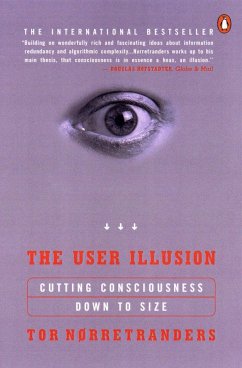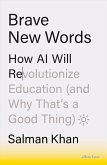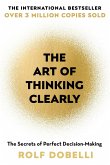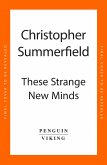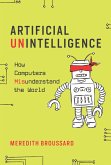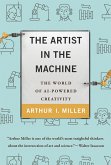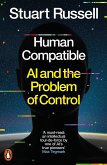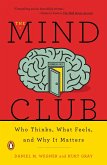As John Casti wrote, "Finally, a book that really does explain consciousness." This groundbreaking work by Denmark's leading science writer draws on psychology, evolutionary biology, information theory, and other disciplines to argue its revolutionary point: that consciousness represents only an infinitesimal fraction of our ability to process information. Although we are unaware of it, our brains sift through and discard billions of pieces of data in order to allow us to understand the world around us. In fact, most of what we call thought is actually the unconscious discarding of information. What our consciousness rejects constitutes the most valuable part of ourselves, the "Me" that the "I" draws on for most of our actions -- fluent speech, riding a bicycle, anything involving expertise. No wonder that, in this age of information, so many of us feel empty and dissatisfied. As engaging as it is insightful, this important book encourages us to rely more on what our instincts and our senses tell us so that we can better appreciate the richness of human life.
First published in 1998, the title refers to the simplistic mental image most of us have of our PCs. The author says our consciousness is our user illusion of ourselves. Drawing on scientific research from psychology and biology to physics and computer science, he makes a compelling case for putting consciousness in perspective.
First published in 1998, the title refers to the simplistic mental image most of us have of our PCs. The author says our consciousness is our user illusion of ourselves. Drawing on scientific research from psychology and biology to physics and computer science, he makes a compelling case for putting consciousness in perspective.

